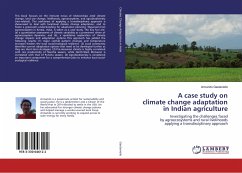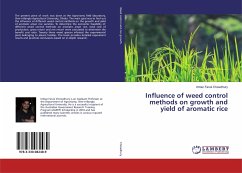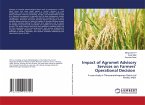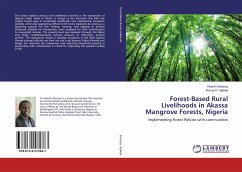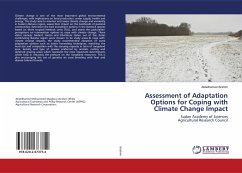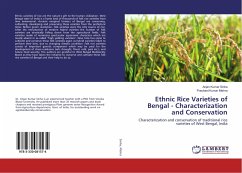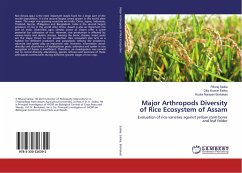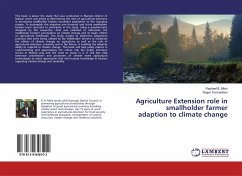This book focuses on the intricate nexus of relationships amid climate change, land use change, livelihoods, agroecosystem, and agrobiodiversity (rice-related). The usefulness of applying a transdisciplinary approach is showcased to deal with local-level climate change adaptation, and to foster a grassroots understanding for adaptation planning. Wayanad (rice) agroecosystem in Kerala, India, is taken as a case study. The key foci are: (a) a quantitative assessment of climatic variability as a prominent driver of agroecosystem dynamics, and (b), a qualitative exploration of climate change impacts and adaptation options. This approach has yielded the following results: (1) major rainfall pattern changes and temperature increases hinders the local social-ecological resilience. (2) Local community identifies current adaptation options that need to be developed further as they are short-term strategies. (3) Pre-monsoon climate is highly correlated with rice productivity of Nancha season, while North-West Monsoon is correlated with that of Puncha season. (4) Agrobiodiversity is considered an important component for a comprehensive plan to enhance local social-ecological resilience.
Bitte wählen Sie Ihr Anliegen aus.
Rechnungen
Retourenschein anfordern
Bestellstatus
Storno

